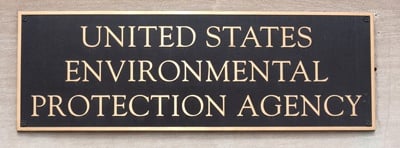Equitable global access to Covid-19 vaccines is a growing issue, with certain countries projected to not receive the vaccine until 2023. Although the progression of research surrounding Covid-19 has been remarkable, the certain biases regarding manufacturing, purchasing, and distributing...
Equitable global access to Covid-19 vaccines is a growing issue, with certain countries projected to not receive the vaccine until 2023. Although the progression of research surrounding Covid-19 has been remarkable, the certain biases regarding manufacturing, purchasing, and distributing Covid-19 vaccines have shown detrimental to global needs. According to data, there are substantial concentrations of vaccine reservations among high income countries, leading to lack of access for low income countries. Wealthier countries with only 14% of the world�s population have 53% of the eight most effective vaccines. �Although there is missing data for vaccine production in many countries, it is concerning that billions of people may not receive a safe and effective vaccine for years. Certain countries have enough vaccines to vaccinate nearly the whole population while other countries do not even have a supply for health care workers and high risk people. Not only is vaccine equality the ethical thing to do, but it also benefits the high income countries. In fact, the U.N. Secretary General warns that vaccine inequality can result in the virus becoming deadlier and more resistant, leading to Covid-19 resistance against vaccine. He advises that nations must work together on vaccinations in order to promote global recovery. According to a study from the National Bureau of Economic Research, the entire global economy depends on low income countries receiving vaccines. If not, advanced countries will bear extreme costs of the pandemic. Fortunately, more and more national governments have been showing commitment to distributing vaccines to low income countries. Organizations such as the World Health Organization, Vaccine Alliance, Coalition for Epidemic Preparedness Innovations, and Covax have worked to promote vaccine equality. Anthropologists play an important role in studying the global distribution and implementation of vaccines. They can examine areas where biosocial and economic factors limit access to the Covid-19 vaccine and study populations who are marginalized from health services. Furthermore, through ethnographic research, anthropologists can examine local knowledge in order to gain insight on how to combat vaccine inequality.
Sources:
https://www.americananthro.org/StayInformed/OAArticleDetail.aspx?ItemNumber=25631
https://www.technologyreview.com/2021/01/26/1016733/covid-vaccine-global-inequality-covax/
https://www.bmj.com/content/371/bmj.m4809









